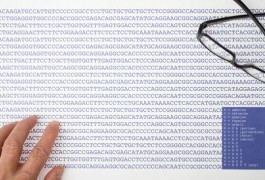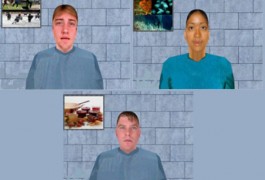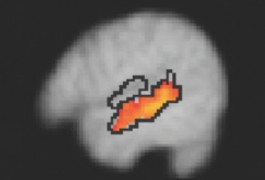Genetic roadmap
Sequencing an individual’s entire genome may be the key to tailoring treatments for heterogeneous disorders, suggests a study published 15 June in Science Translational Medicine.
From funding decisions to scientific fraud, a wide range of societal factors shape autism research.

Sequencing an individual’s entire genome may be the key to tailoring treatments for heterogeneous disorders, suggests a study published 15 June in Science Translational Medicine.

The symptoms of Asperger syndrome look slightly different in girls than in boys, according to a new study. However, gender differences in autism are poorly understood, and the results are preliminary, say other researchers.

A new study pinpoints an autism hotspot in an information technology-rich region in the Netherlands.

A virtual reality system equipped with an eye-tracking device helps teenagers with autism learn to engage with others, according to a study published 23 May.

In the past year, several studies have suggested that brain scans will soon help clinicians diagnose autism. But many experts say these scans are far from — and may never be — ready for use as diagnostic tests.

Developmental disorders increased by 17 percent between 1997 and 2008 in the U.S, according to a report published 6 June. Is this cause for alarm, or a sign that we are at last assessing the true rate for these disorders?

Early interventions for preschoolers who have autism are effective when included alongside standard curricula in mainstream settings, according to two studies published in April.

Video surveillance combined with computer algorithms could provide an objective method to monitor the success of autism interventions, according to a study published 3 May in the Journal of Medical Systems.

A review article published earlier this year in Progress in Brain Research suggests that scientists may have been too quick to explain away the results of eye-tracking studies.